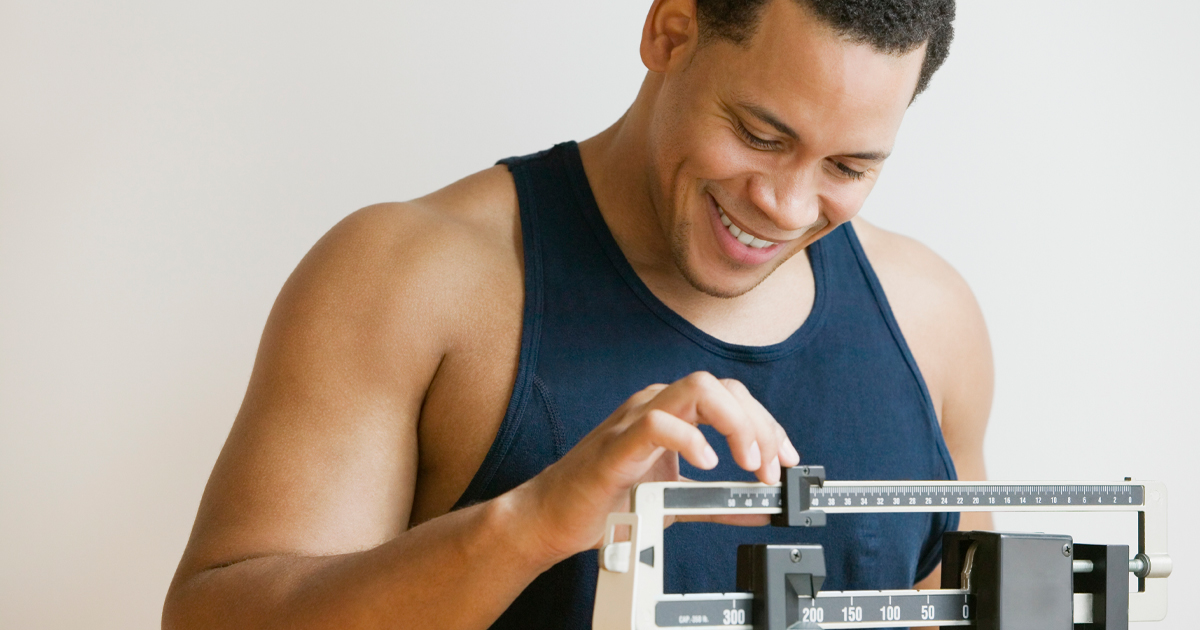7 Health checks every man should have

It’s the time of hairy upper lips and thinking about the well-being of men again. Here’s a reminder of medical issues you need to be aware of.
Men have health care needs, too, and not all are the same as for women. It makes sense to know what they are and to take charge of your health. Here are some things to keep an eye on. Many conditions are not nearly as bad if they’re caught early on, so don’t try to be the tough guy. If something has suddenly changed in your body and you can’t think why, have it checked.
Prostate
At 50 you should talk to your doctor about prostate cancer and whether you should have a PSA test. If you have African or Caribbean roots or a father or brother with prostate cancer, you should have this chat at 24.
If you suddenly need to urinate more often, can’t control the stream like before, or notice a swelling in your legs, get your prostate checked.
Don’t think “cancer” right away. The prostate might just be inflamed. Or it might be enlarged, which is common in men over 50. And remember that with early diagnosis and treatment of prostate cancer, you can still live a long and healthy life.
Your testicles
Get to know what’s normal for your testicles. Give them a check regularly and go to the doctor if something doesn’t feel right.
Your heart
High blood pressure can cause or worsen a lot of problems such as heart attacks, strokes, and kidney disease. Have your blood pressure checked. Even in your 20s, go at least every two years. After 40, get a test at least once a year.
High cholesterol is a major risk factor for heart disease, still the main health threat for men. Get a cholesterol screening between 20 and 35. If the levels are normal, you don’t need another for five years. If you have diabetes, heart disease, kidney disease, or certain other conditions, your doctor might want to do the test more often.
Your colon
If you are under 50, ask your doctor if you should get screened. You might need to if you have a strong family history of colon cancer or polyps. It could also be necessary if you have risk factors such as a history of inflammatory bowel disease.

Your weight
Ask the doctor about the ideal weight for your size and age. Try to keep the scale there or thereabout. Change one bad eating habit (we all have at least one). Don’t have more than two drinks per day.
America’s National Heart, Lung, and Blood Institute say blubber around your waist increases the risk of type-2 diabetes, heart disease, and stroke. For most men, the best way to shed excess belly fat is to cut calories and exercise more. Ask your doctor about safe, effective lifestyle changes.
Losing 5 to 10 percent of weight can lower blood pressure, reduce the risk of diabetes or cancer. It can also help with depression, osteoarthritis, and back pain.
Your skin
Melanoma is a type of skin cancer. The American Academy of Dermatology says men over 50 and men with Caucasian roots are more at risk.
Protect yourself from harmful ultraviolet radiation. Seek out the shade. Cover yourself with protective clothes. Use sunscreen with a high protection factor and remember it washes off when you sweat or swim.
Check yourself once a month for new or unusual moles, changes to old moles, the colour or texture of your skin. A visit to a dermatologist about once a year for a full check is a good idea, especially if you work or play in the sun a lot.

Your mind
The charity Movember has a lot of information about men’s health. Here’s what they say about keeping mentally fit.
Stay connected and talk more. Friends are important and it’s good for you to spend time with them. Spending some time with someone who has a problem and really listening can make a big difference. Nobody expects you to have all the answers, but showing you understand and care can be a life-saver for someone else.
Another thing: feed your brain. New ideas can inspire you or at least keep negative thoughts away. Read a book, learn a new game, browse for interesting podcasts on your music streaming service.
Your moves
The older or busier you get, the more annoying this advice is. Sorry, but it’s important. You have to move. It doesn’t have to be hours on a treadmill, or running up the nearest mountain. Experts say men should get at least 150 minutes of moderate or 75 minutes of vigorous exercise per week: walking, jogging, cycling, swimming. Sports count as well.
Do exercises to strengthen muscles. This can lower your risk of falls and injuries. Just be sensible about it. Ask at a gym or look at good sources online to find out how to do this safely and correctly.
In your normal day, find ways to stretch your legs a little. Just take the first available parking spot on the lot and walk further to the shop. Use the stairs. Chase the dog or the kids around the house. That old classic, the brisk walk, remains valuable – up to 30 minutes daily will go a long way.
Sources: https://www.movember.com, https://familydoctor.org, https://www.webmd.com, https://www.healthline.com.
![]() JET CLUB HELPLINES
JET CLUB HELPLINES
Jet Club members get discounted rates on clinic services at Dis-Chem and Clicks pharmacies. For more information call:
Pharmacy and clinic services helpline
SA & Namibia
0800 00 45 45
Botswana, Lesotho & Swaziland
+2711 991 8258
Related articles

Latest Jet club magazine
We’ve got the latest trends, exciting prizes and exclusive savings just for you!
Jet Club will not pass your details to anyone else. By clicking the subscribe button you confirm you have read and agree to the Jet Club Terms and conditions and Jet Club Privacy Statement.
Subscribe

